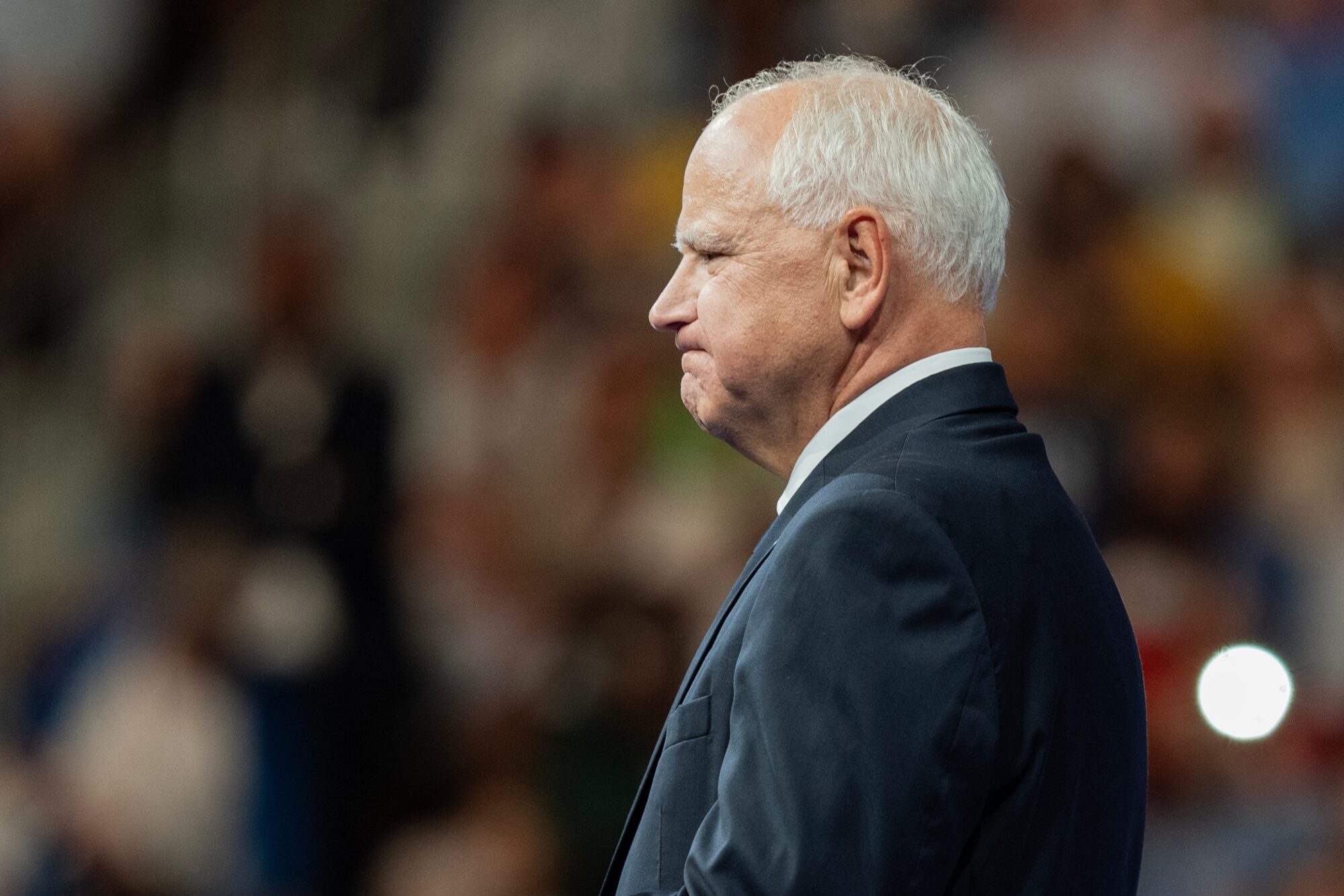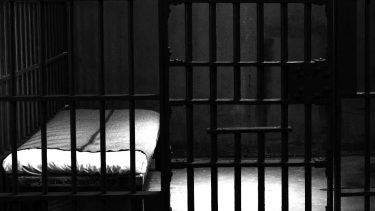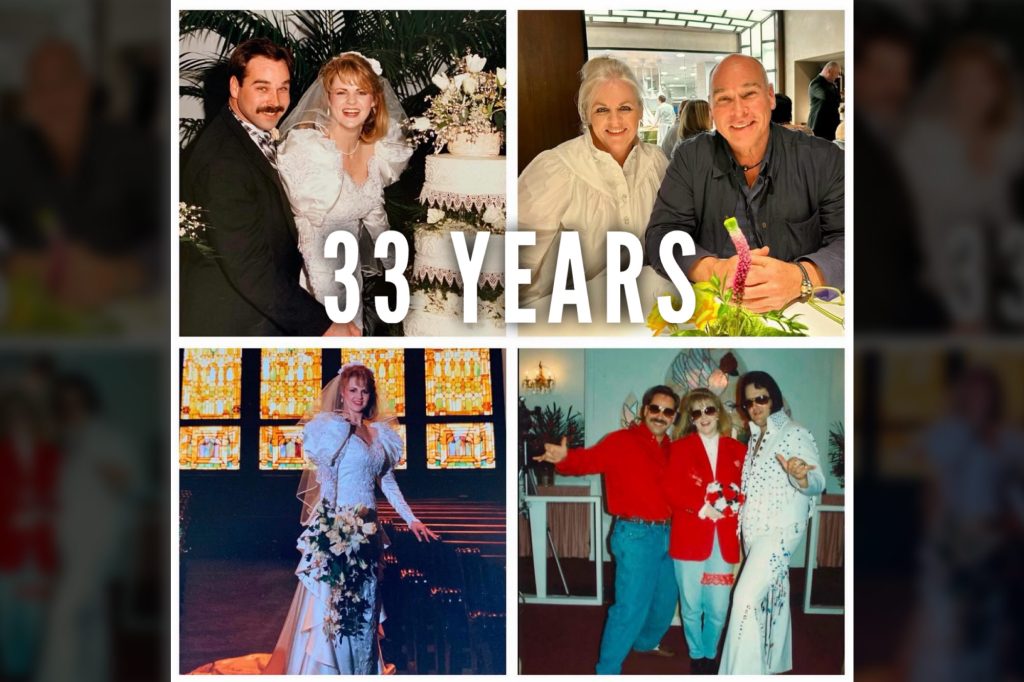
Sid Salter
- Columnist Sid Salter writes that the 1987 Mississippi gubernatorial race was a political donnybrook that featured a lot of political talent and a lot of campaign finances.
The Neshoba County Fair political speaking program last week made plain two facts moving toward the 2027 statewide elections in Mississippi. First, the field of candidates in the race to succeed two-term Republican Gov. Tate Reeves may be broad, and second, the 2027 race will be hard-fought and may have substantial parallels to the 1987 Mississippi Democratic gubernatorial primary.
Based on their Neshoba appearances last week, it’s safe to say that Republicans Lt. Gov. Delbert Hosemann, State Auditor Shadrack White, State Commissioner of Agriculture and Commerce Andy Gipson, former State College Board member and billionaire businessman Thomas Duff are all “strongly considering” gubernatorial bids in 2027 although none formally announced. Hosemann, White and Gipson spoke under the Pavilion, Duff worked the cabins campaign style.
The political jury is out on Republican Attorney General Lynn Fitch making a bid for the Governor’s Mansion in 2027, but her entry into that race would shock no one. There are usually some unknowns or single-issue candidates from both parties, so the candidate totals could mount once the Democrats field their candidates. One has to ask if Democrat Brandon Presley will make another run after a strong performance in 2023.
The potential for a large field, the presence of a potential candidate with strong personal wealth and the presence of an ambitious Harvard-educated state auditor has the early going of the 2027 gubernatorial race shaping up much like the 1987 Mississippi gubernatorial election.
In that memorable campaign, Democratic state auditor and Harvard alum Ray Mabus defeated millionaire Delta planter and businessman Mike Sturdivant of Glendora in the Democratic Second Primary and then defeated Republican Tupelo businessman Jack Reed Sr., in the 1987 General Election. Sturdivant made two unsuccessful bids for Mississippi’s Democratic Party gubernatorial nomination.
In the 1983 gubernatorial campaign, Sturdivant placed third in the Democratic gubernatorial primary behind eventual Gov. Bill Allain and former Lt. Gov. Evelyn Gandy. But Sturdivant came roaring back in 1987 in the last great political Pier Six brawl for the Democratic Party’s gubernatorial nomination between eventual winner Ray Mabus, Maurice Dantin, John Arthur Eaves, Gilbert Fountain, Ed Pittman, H.R. Toney, former Gov. Bill Waller, and Sturdivant.
In 1987, Sturdivant made the Democratic Party’s second primary in a showdown with fellow Harvard graduate Mabus. It’s the only time in Mississippi history that two Harvard graduates fought over the privilege of leading Mississippi’s executive branch of government.
The 1987 showdown with Mabus was a bare-knuckle affair. Despite Mabus’s substantial family wealth, the high-profile state auditor framed the contest by lambasting Sturdivant’s status as a plantation owner and accused him of misrepresenting job creation numbers from his far-flung hotel management business as jobs all being created in Mississippi.
Sturdivant hit back, accusing Mabus of being the darling of Wall Street bond brokers who had made sizeable contributions to his campaign. In putting his wealth where his mouth was in the campaign, Sturdivant spent between $1.3 and $1.6 million of his own money in the race against Mabus. That fact led to editorial cartoons lampooning Sturdivant as holding a campaign fundraiser at his breakfast table attended only by his wife – which hurt his campaign.
When the dust settled, Mabus soundly defeated Sturdivant in 1987 by taking 466,883 votes or 64.6 percent of the vote to 255,622 for Sturdivant. Mabus carried 76 of 82 counties. On the evening of that defeat in 1987, Sturdivant said: “To those of you who were disappointed in tonight, remember that the dreams that unite us are greater than the differences of opinions that sometimes separate us.”
The initial Neshoba fireworks between White and Hosemann signals the potential for a bruising GOP primary. Duff’s potential entry into the race remains an intriguing wild card based on whether he runs as a Republican or an Independent and the impact – or lack of it – of his faith as a member of the Church of Jesus Christ of Latter-Day Saints.
The 1987 Mississippi gubernatorial race was a political donnybrook that featured a lot of political talent, a lot of campaign finances and any number of candidates in that race who could have served ably and well as governor. The approaching 2027 campaign appears likely to feature many of those same attributes.








